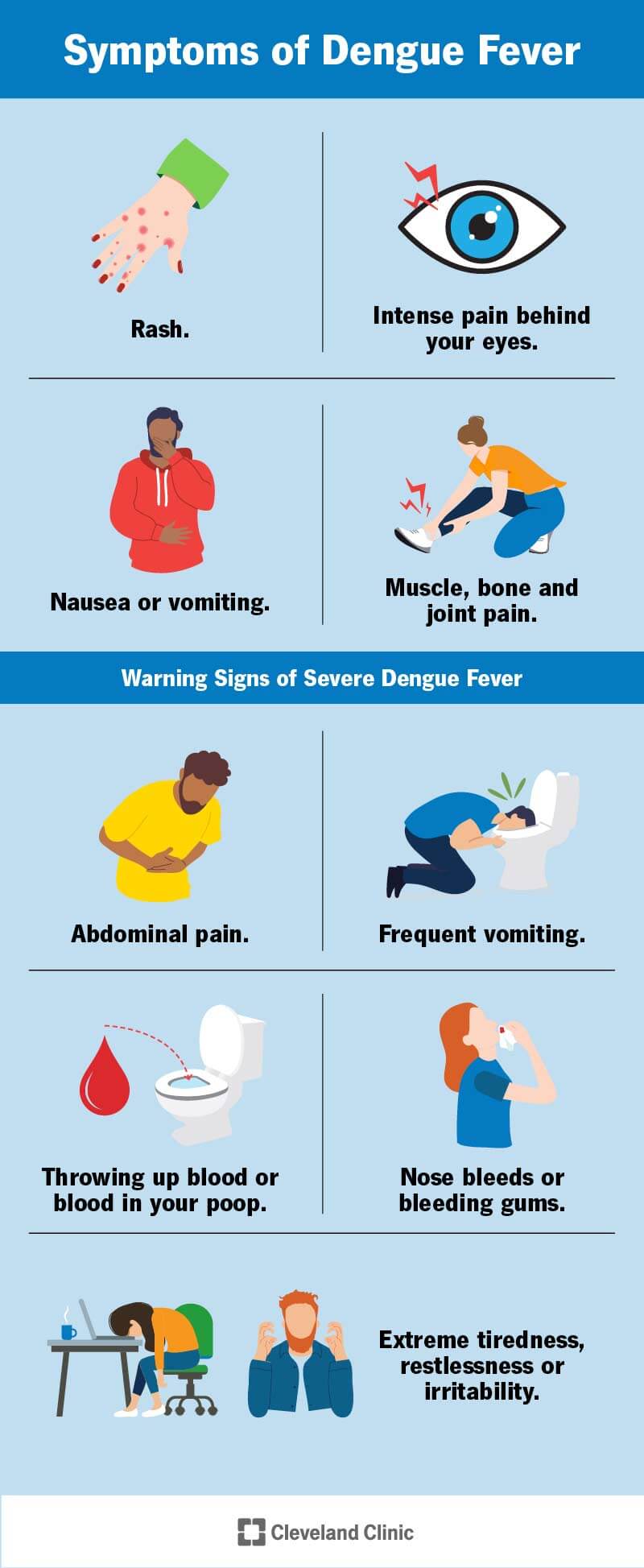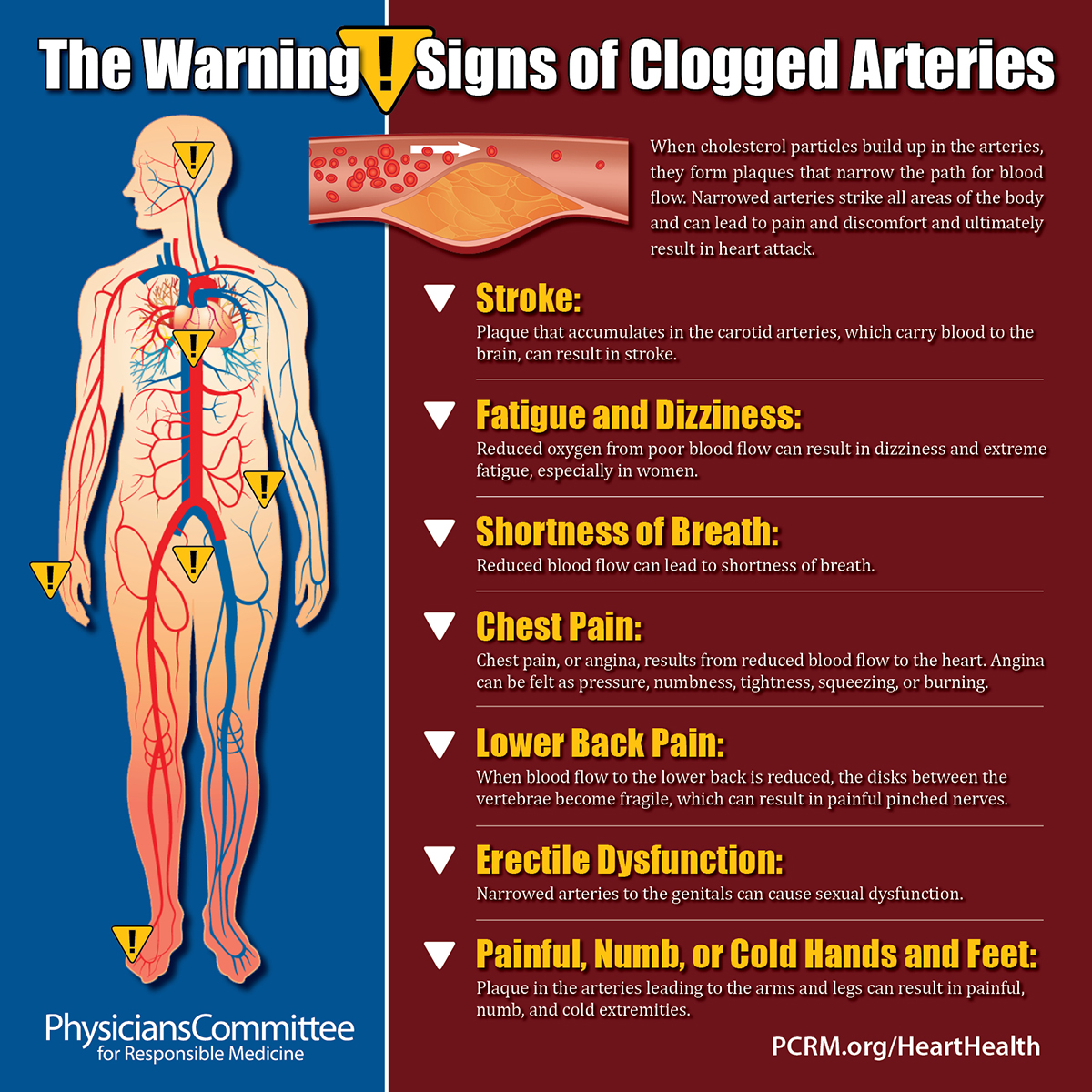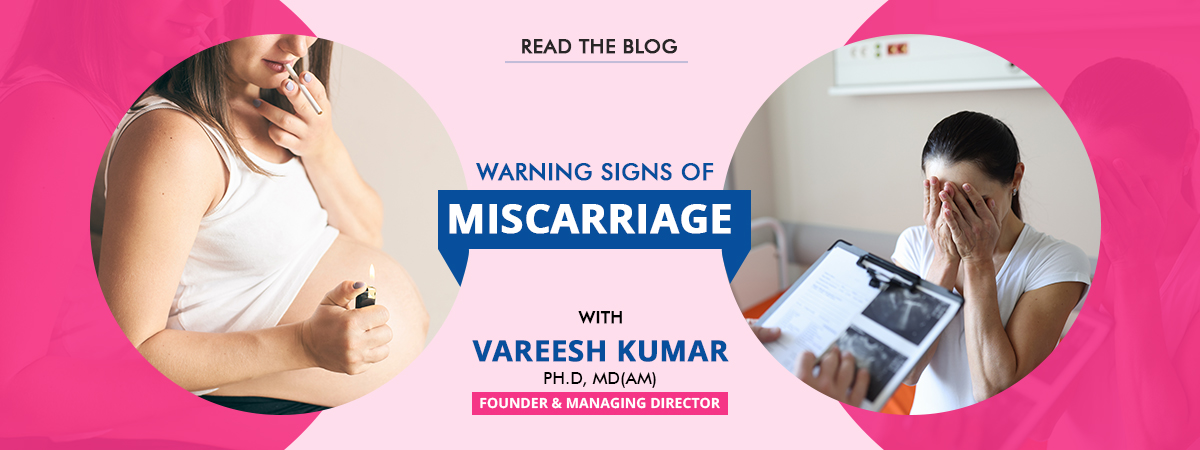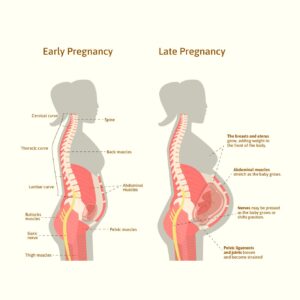What are the Early Signs of Pregnancy? Early signs of pregnancy include missed period, nausea, fatigue, breast tenderness, and frequent urination. It is essential to pay attention to these symptoms if you suspect you may be pregnant.
Understanding these signs can help you take appropriate steps and seek medical advice if needed to ensure a healthy pregnancy journey. Whether you are actively trying to conceive or have unexpected concerns, recognizing these early indicators can provide valuable insight into your reproductive health.
By being aware of these signs, you can better prepare for the possibilities that lie ahead and take necessary actions to support your well-being during this crucial time.
1. Missed Period
During early stages of pregnancy, a missed period is a common sign which may indicate a possible pregnancy. If you have missed a period, it might signify conception.
Possible Indicator Of Pregnancy
A missed period can be a key indicator that you might be pregnant.
Other Possible Causes For Missed Period
Stress, excessive exercise, hormonal imbalance, or certain medications can all contribute to a missed period.
2. Morning Sickness
Pregnancy comes with a host of changes in a woman’s body, and one of the most well-known signs is morning sickness. This common symptom can start as early as the first few weeks after conception and typically subsides by the end of the first trimester.
Nausea And Vomiting
Nausea is characterized by a feeling of queasiness or discomfort in the stomach, often accompanied by an urge to vomit. On the other hand, vomiting is the actual expulsion of stomach contents through the mouth, which can occur in severe cases of morning sickness.
Possible Triggers For Morning Sickness
- Hormonal Changes: Fluctuations in hormone levels, specifically human chorionic gonadotropin (hCG) and estrogen, can contribute to morning sickness.
- Sensitivity to Smells: Strong odors, such as cooking smells or perfumes, can trigger nausea in pregnant women.
- Fatigue: Lack of sleep and overall fatigue may worsen feelings of nausea and vomiting.
- Stress: Emotional stress and anxiety can exacerbate morning sickness symptoms.
- Certain Foods: Spicy, greasy, or overly rich foods are common culprits for triggering nausea during pregnancy.
3. Breast Changes
3. Breast Changes
Tenderness And Enlargement
One of the earliest signs of pregnancy is tenderness and enlargement of the breasts. This occurs as the body prepares for breastfeeding. The breasts may become sensitive to touch and appear swollen due to increased blood flow and hormonal changes.
Other Changes In The Breasts
In addition to tenderness and enlargement, other changes in the breasts include darkening of the areolas (the skin around the nipples), visible veins, and a feeling of fullness or heaviness in the breast tissue. These changes are caused by fluctuating hormone levels.

Credit: my.clevelandclinic.org
4. Fatigue
Feeling unusually tired? Fatigue is one of the early signs of pregnancy. If you’re wondering whether you might be pregnant, this symptom is one to watch out for.
Feeling tired and drowsy is a common early sign of pregnancy. Fatigue during early pregnancy is often attributed to the hormonal changes that occur in a woman’s body. It is believed that the increased levels of progesterone can cause feelings of exhaustion which may make it harder to stay awake throughout the day.
Feeling Tired And Drowsy
During the early stages of pregnancy, many women experience an overwhelming feeling of tiredness and drowsiness. This fatigue can vary from mild to extreme and can affect a woman’s ability to carry out her daily activities with the same level of energy as before. It’s important to note that this fatigue is different from the usual tiredness that one might feel after a long day of work or physical exertion. Pregnancy fatigue tends to persist even after getting adequate rest.
Potential Factors Contributing To Fatigue
Several factors can contribute to the fatigue experienced during early pregnancy. Firstly, the hormonal changes that occur in the body can have a significant impact on energy levels. The increased levels of progesterone can induce a sense of sleepiness and lead to feelings of exhaustion. Additionally, the body is working hard to support the growth and development of the fetus, which requires extra energy and resources. This increased metabolic demand can leave a woman feeling physically drained.
Secondly, the emotional and psychological changes that come with pregnancy can also contribute to feelings of fatigue. The anticipation, excitement, and even anxiety associated with the upcoming life changes can be mentally exhausting. This, coupled with physical symptoms such as morning sickness or frequent urination during the night, can disrupt sleep patterns and lead to a lack of restful sleep, further intensifying fatigue. It’s important to prioritize self-care and take time to rest and recharge whenever possible.
To combat fatigue during early pregnancy, it is crucial to listen to your body and take care of your overall well-being. Adequate sleep, balanced nutrition, and regular exercise can help combat fatigue and improve energy levels. It may also be beneficial to incorporate relaxation techniques like meditation or gentle yoga into your daily routine to help manage stress and promote better sleep. Don’t hesitate to reach out to your healthcare provider if you are experiencing extreme fatigue or if your fatigue becomes debilitating as they can provide guidance and support.
5. Food Aversions And Cravings
During early pregnancy, some women experience food aversions and cravings. This can occur due to hormonal changes in the body, leading to a dislike for certain foods and a sudden desire for others. These changes are often one of the first signs of pregnancy.
Dislike For Certain Foods:
During early pregnancy, many women experience a sudden aversion to certain foods that they previously enjoyed. This aversion can be quite intense and can even lead to feelings of disgust or nausea when these foods are consumed. It is believed that hormonal changes in the body are responsible for these food aversions. While this can be frustrating for expectant mothers, it is important to listen to your body and avoid these disliked foods. Remember, every pregnancy is different, so your aversions may not be the same as someone else’s. Don’t worry if you suddenly can’t stand the sight or smell of your favorite foods – it’s just your body’s way of adapting to the changes happening inside.
Intense Desire For Specific Foods:
Just as some pregnant women experience food aversions, others may develop intense cravings for certain foods. These cravings can be incredibly strong and can feel almost impossible to ignore. It is believed that hormonal changes once again play a role in these intense desires. Women often find themselves craving foods that they may not have previously eaten or even thought about. Whether it’s pickles and ice cream or something more unusual, these cravings can be both amusing and frustrating. It’s important to remember that indulging in these cravings in moderation is perfectly fine. However, if your cravings become unhealthy or excessive, it’s always a good idea to speak with your healthcare provider.
Being aware of these early signs of pregnancy can help you recognize the changes happening in your body. Food aversions and cravings are just one aspect of the many physical and emotional changes that come with being pregnant.
Now let’s summarize the main points:
- Food aversions during early pregnancy can lead to a dislike for certain foods that were previously enjoyed.
- These aversions are believed to be caused by hormonal changes in the body.
- Intense cravings for specific foods are also common during early pregnancy.
- These cravings can be difficult to ignore and may require moderation.
- Recognizing these signs can help you understand the changes happening in your body during pregnancy.
6. Frequent Urination
6. Frequent Urination
Increased Urination Frequency
One of the early signs of pregnancy is an increase in the frequency of urination. Women may find themselves visiting the bathroom more often than usual, even during the night.
Possible Causes For Frequent Urination
Frequent urination during early pregnancy can be attributed to various factors. Firstly, hormonal changes can lead to increased blood flow to the kidneys, resulting in the bladder filling up quickly. Additionally, the growing uterus can exert pressure on the bladder, causing the need to urinate more frequently. Lastly, hormonal changes can also stimulate the kidneys to produce more urine.
7. Mood Swings
Emotional Instability
Pregnancy can lead to unpredictable mood changes due to hormonal fluctuations.
Factors Influencing Mood Swings
Changes in hormone levels, stress, and fatigue can contribute to mood swings.

Credit: www.pcrm.org
8. Cramps And Spotting
Experiencing cramps and spotting is one of the early signs that could indicate pregnancy. These symptoms may occur as a result of implantation.
Mild Abdominal Discomfort
One of the early signs of pregnancy is experiencing mild abdominal discomfort.
This may feel like menstrual cramps but milder, caused by implantation of the fertilized egg in the uterus.
It is typically localized in the lower abdomen and can occur as early as one week after conception.
Bleeding Or Spotting
Bleeding or spotting can also be an early indication of pregnancy.
Implantation bleeding occurs when the fertilized egg attaches to the uterine wall.
It is usually lighter than a regular period and may be accompanied by mild cramping.
9. Headaches And Dizziness
Headaches and dizziness can be early signs of pregnancy and are often caused by hormonal changes and increased blood flow.
Recurrent Headaches
If you are experiencing recurrent headaches without any apparent cause, it could be a sign of pregnancy. The hormonal changes can lead to increased blood circulation, which may result in frequent headaches.
Feeling Lightheaded Or Dizzy
Feeling lightheaded or dizzy can also be a symptom of early pregnancy. The shift in hormones and blood flow can cause a drop in blood pressure, leading to feelings of dizziness or lightheadedness.
10. Changes In Sensitivity To Smell
Pregnancy brings about numerous physical changes in a woman’s body, and one such change is heightened sensitivity to smell. Many women experience changes in their sense of smell during the early stages of pregnancy, which can be an early indicator of expecting a baby. This article will explore two common signs related to smell that women may encounter during early pregnancy.
Heightened Sense Of Smell
During pregnancy, some women develop a heightened sense of smell. This means that their ability to detect and identify various scents becomes more acute than usual. They may notice smells that were previously mild or unnoticed, such as the aroma of cooking food, perfume, or even the scent of someone nearby. While this sensitivity to smell can be bothersome at times, it is a natural occurrence during pregnancy.
A heightened sense of smell can be attributed to an increase in hormones, particularly estrogen, which affects the olfactory system. The olfactory system is responsible for processing smells, and elevated hormone levels can cause it to become more sensitive. While this sensitivity can vary from woman to woman, it is not uncommon for pregnant women to develop a heightened ability to smell.
Aversion To Strong Odors
On the flip side, some pregnant women may experience aversion to strong odors. Strong smells, such as those from cooking, cleaning products, or certain perfumes, may suddenly become overwhelming and cause feelings of nausea. This aversion can be an early sign of pregnancy and often occurs alongside other early symptoms like morning sickness. While it can be distressing, avoiding strong odors and finding scents that are more tolerable may help alleviate discomfort.
The exact reason behind this aversion is not yet fully understood, but hormonal changes are believed to play a significant role. As hormone levels fluctuate during pregnancy, they can directly impact the way certain smells are perceived by the brain, leading to an aversion to otherwise tolerable odors.
In conclusion, changes in sensitivity to smell are common early signs of pregnancy. Some women may experience a heightened sense of smell, while others may develop an aversion to strong odors. Both of these changes are influenced by hormonal fluctuations and can be distinct indications that a woman is expecting a baby.

Credit: vardaanmedicalcenter.com
Frequently Asked Questions For What Are The Early Signs Of Pregnancy
What Are The Early Signs Of Pregnancy?
Some early signs of pregnancy include missed period, tender breasts, nausea, fatigue, and frequent urination.
Do You Always Have Morning Sickness When Pregnant?
Not all pregnant women experience morning sickness. Some may have it, while others may not.
How Soon Do Pregnancy Symptoms Start?
Pregnancy symptoms can start as early as one week after conception, although most women notice symptoms around 6-8 weeks.
Is It Common To Have Cramps In Early Pregnancy?
It is common to experience mild cramps in early pregnancy as the uterus expands and adjusts to the growing baby.
Can You Feel Pregnancy Symptoms A Week After Intercourse?
It is unlikely to feel pregnancy symptoms a week after intercourse as implantation typically occurs 6-12 days after fertilization.
What Are The Signs Of Pregnancy Before A Missed Period?
Signs of pregnancy before a missed period include breast tenderness, fatigue, nausea, increased urination, and heightened sense of smell.
Can You Have A Negative Pregnancy Test And Still Be Pregnant?
Yes, it is possible to have a negative pregnancy test and still be pregnant. Testing too early or improper testing methods can result in false negatives.
What Are The Earliest Signs Of Pregnancy Before A Positive Test?
The earliest signs of pregnancy before a positive test may include implantation bleeding, mild cramping, and changes in cervical mucus.
How Can I Tell If I’m Pregnant Without A Test?
Some signs that may indicate pregnancy without a test include missed period, breast tenderness, nausea, fatigue, and frequent urination. However, a pregnancy test is the most accurate way to confirm pregnancy.
Are Pregnancy Symptoms Different For Everyone?
Yes, pregnancy symptoms can vary from woman to woman. Some may experience all the typical symptoms, while others may have none at all.
Conclusion of What are the Early Signs of Pregnancy
Being aware of the early signs of pregnancy is essential for women. Recognizing the symptoms such as missed periods, nausea, and fatigue can help in timely preparation for the journey ahead. Seeking medical advice and taking a pregnancy test can provide clarity and peace of mind during this transformative time.
Understanding these symptoms can help women take the necessary steps towards a healthy pregnancy.
Visit our other website to read more women life related articles.




